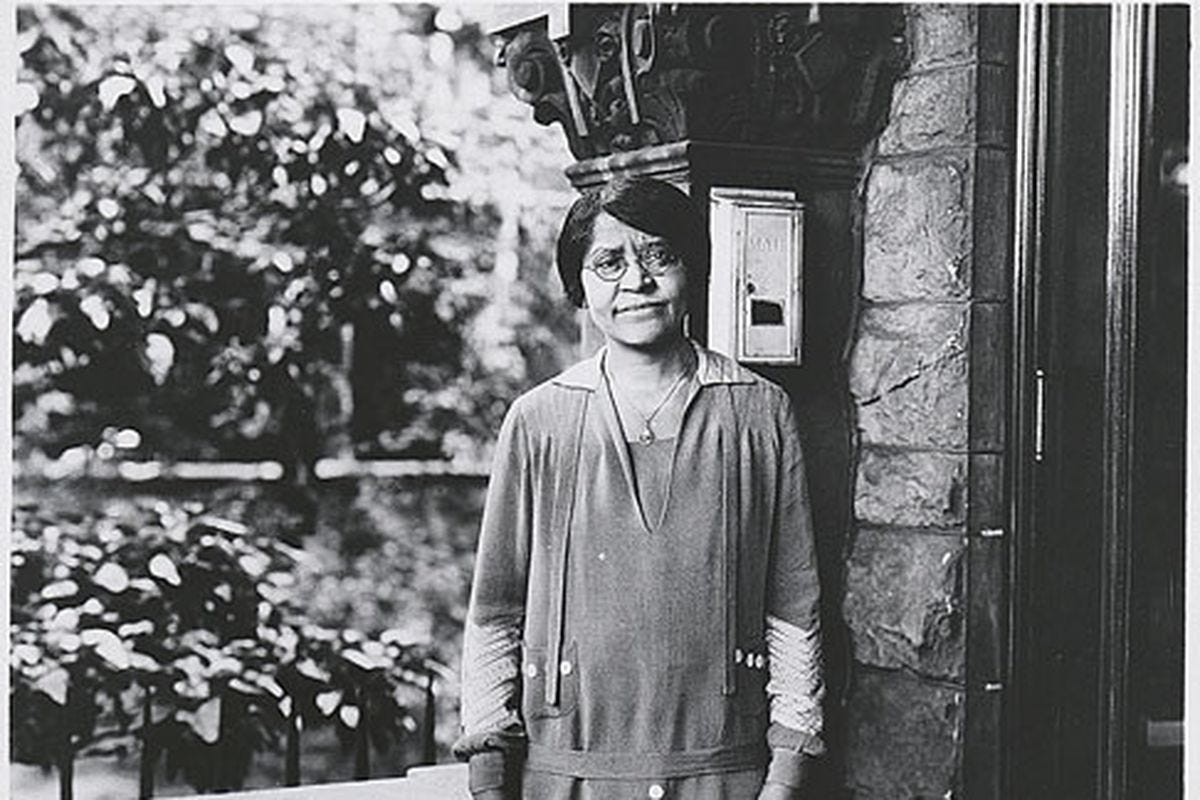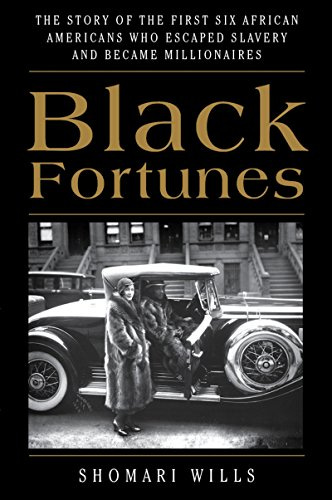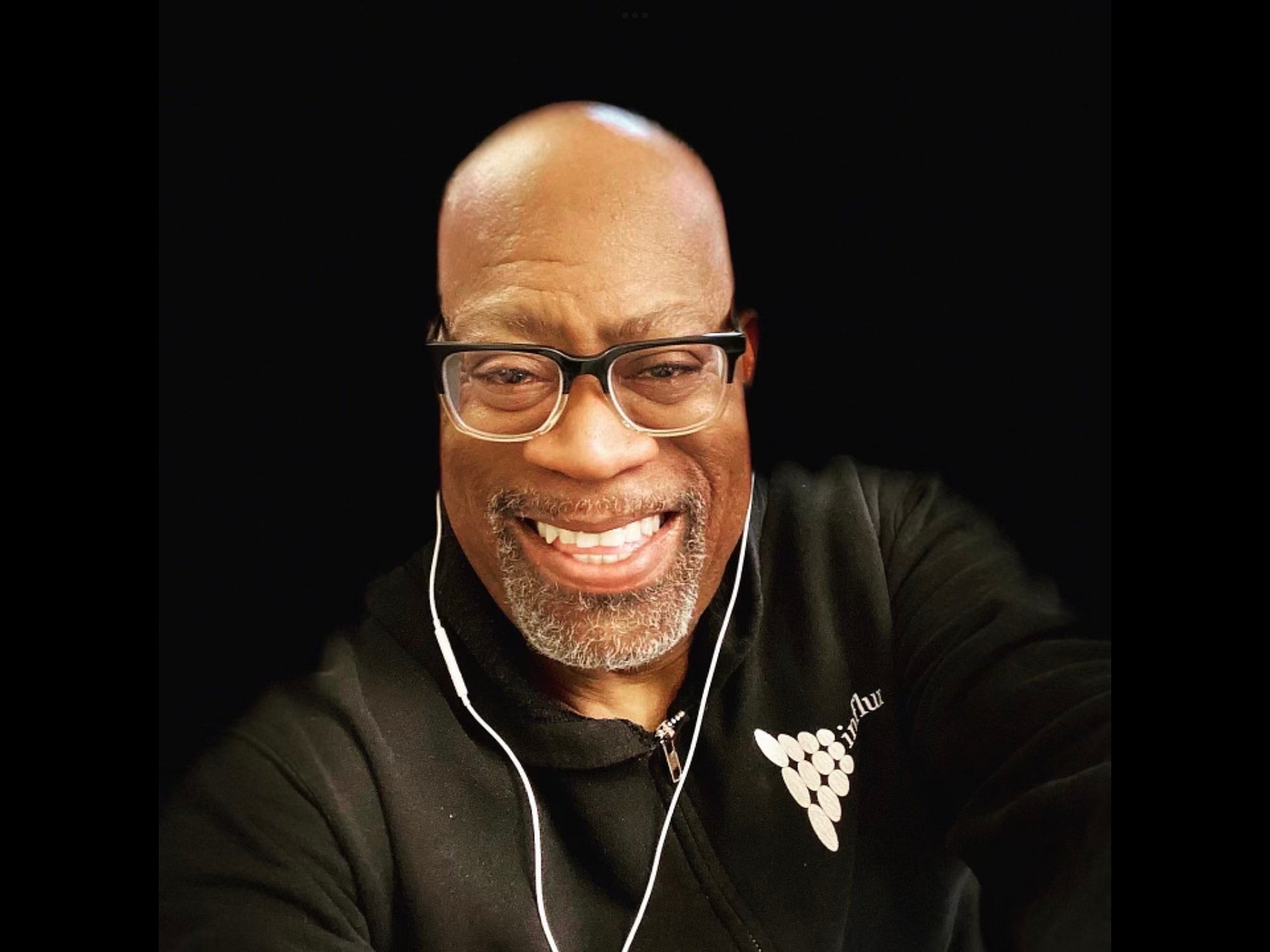“Black Fortunes: The Story of the First Six African Americans Who Escaped Slavery and Became Millionaires” by Shomari Wills is an iconic book profiling the remarkable lived experiences of six Black Americans who were born into slavery but managed to become millionaires in the late 19th and early 20th centuries. It explores their journeys, challenges, and achievements while highlighting their significant contributions to American history and culture.
Annie Turnbo Malone, one of the individuals featured in the book, was a pioneering Black entrepreneur in the beauty and cosmetics industry. Born in Metropolis, Illinois on August 9, 1869, Annie was one of eleven children of Robert and Isabella Turnbo.
Having lost her parents when she was young, Malone was reared by an older sibling. A sickly child, Annie attended school in Peoria, Illinois. Despite not graduating, she discovered that she had a knack for chemistry.
Around the beginning of the twentieth century she had developed a solution for straightening of Black hair, all without damaging it. She began creating these products in her kitchen by first experimenting on her sisters’ hair. Eventually she rolled out an entire hair care and beauty product formulation for Black women, which became immensely popular.
In an excerpt from Black Fortunes, author Shomari Wills delves deep into Malone’s story:
“On a cold evening in 1878, as snow fell, the winter winds swirled outside a small wood-frame house in Peoria, Illinois. Inside the kitchen with a black wood-burning stove at its center, Annie Minerva Turnbo stood on a wood crate behind her older sister Sarah, parting and plaiting Sarah’s hair. Annie was nine years old with a round face the color of mahogany.”
Recognizing the need for a larger consumer market to sell her products, Turnbo relocated her growing business enterprise to St. Louis in 1902 as the city’s economy saw a meteoric rise on the heels of the 1904 World’s Fair.
As a Black woman, Turnbo had to find creative ways to break into distribution channels. She and her team pursued a door-to-door strategy, giving demonstrations and offering free hair treatments to attract more customers. This led to a steady rise in business.
Says Wills:
“The black beauty industry in the years after slavery ended was dominated by traveling salesmen and beauty companies that sold products to alter the appearance of African Americans to make them look more like white people. Black skin removers, whitening pills, and hair straighteners were advertised in pamphlets, broadsides, and flyers with the goal of ostensibly helping black people to assimilate into white society.”
In 1914 Annie Turnbo married Aaron E. Malone, a school principal in St. Louis. By the close of World War I, she had become one of the most wealthy and prominent Black women of her time. The esteemed Madam C.J. Walker was one of Annie Malone’s early employees and mentees.
Four years later, Malone’s company went national. After settling in St. Louis, she established a cosmetology school called Poro College which provided Black women an educational environment where they could develop the requisite skills to advance in life. The building which became the headquarters of Malone’s business doubled as a place for the Black community to gather. At its height Malone’s business, she employed nearly 2,000 employees.
Malone’s booming empire, however, became mired in uncertainty when in 1927 her husband filed for divorce. As part of the proceedings, he demanded fifty percent of the business. The dispute was eventually settled for the sum of $200,000 (the equivalent of about $3,204,620.69 today)
Undaunted, Malone relocated her business enterprise to Chicago in 1930. In the aftermath of the 1929 stock market crash as well as a series of lawsuits, her business struggled mightily for a time. She persisted though, eventually creating 32 new locations of the Poro School throughout the nation during the 1950s. Philanthropically inclined, she supported charities in St. Louis and around the nation during the heyday of her success.
Malone died in Chicago on May 10, 1957 at Chicago’s Provident Hospital. While her legacy as a pioneer in the beauty and cosmetics business has largely been overshadowed by her former employee and mentee Madam C. J. Walker, Malone’s influence as a trailblazer for Black women entrepreneurs is unmatched in the annals of history.
As a fearless advocate for self-reliance, Malone shattered business barriers which at the time hindered economic opportunities for Black women. The manner in which she uplifted those around her holds historical significance for the many Black women entrepreneurs seeking to rise today.
A Song I Listened To While Writing The Article
They Can’t Take That Away From Me by Louis Armstrong and Ella Fitzgerald
Purchase The Book
Support us by purchasing Black Fortunes: The Story of the First Six African Americans Who Escaped Slavery and Became Millionaires” from the “Great Books, Great Minds” bookstore. It will be delivered right to your doorstep and we get a small commision on all sales. Most importantly, you’ll be supporting independent bookstores nationwide amid their struggles to stay afloat given Amazon’s dominance.
An Invitation From Diamond-Michael Scott
Black Books, Black Minds” is a key foundation of my Great Books, Great Minds” passion project. For me, it’s a labor of love fueled by the endless hours of work I put into researching and writing these feature articles. My aim is to ignite a new world of community, connection, and belonging through the rich trove of Black History books, thought leaders, and authors we unearth.
So if you are enjoying this digital newsletter, find it valuable, and savor world-class book experience featuring non-fiction authors and book evangelists on Black History themes, then please consider becoming a paid member supporter at $6.00/month or $60.00/year.







I enjoyed working with UN-Las Vega library years ago, and one of my very best friends in the world lives there; another Chicago friend from South Shore. Thanks again for all you do.
I wish we could bottle up her intelligence and fortitude and somehow inject it in our nation’s water supply. We need 100,000,000 of her today.